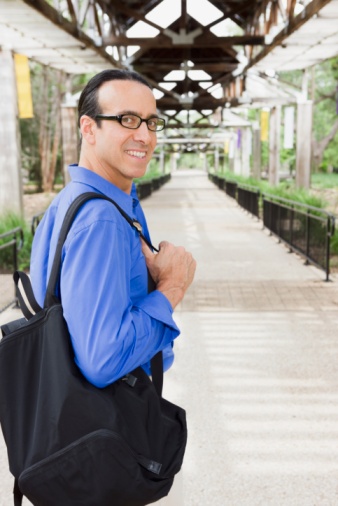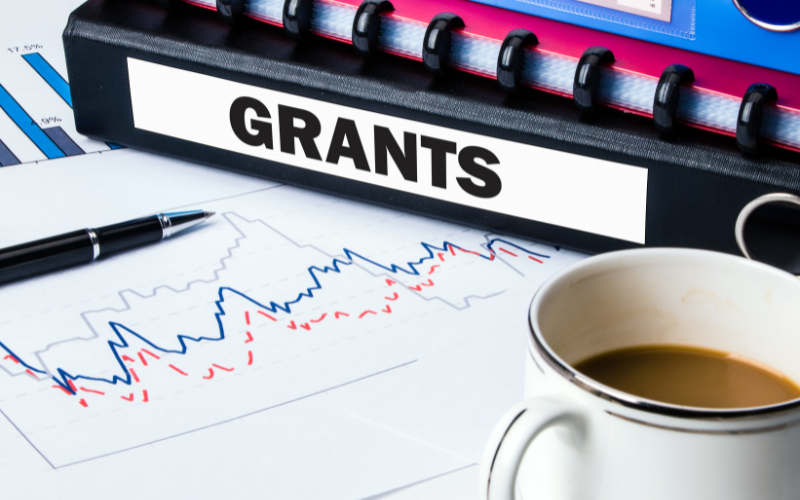
In 1982, my parents and I visited Marietta College, where I hoped to enroll later that fall as a freshman. Seated across the desk from then Director of Admissions, Mr. Dan Jones, my father candidly expressed his immigrant sensibilities about my employability upon graduation. Mr. Jones looked my father directly in the eye and said, “Dr. Diaz, regardless of his first job upon graduation, your son will likely change his career five times throughout his life.” A conscientious educator, Mr. Jones felt my commitment to lifelong learning was more important than the particular major I chose.
As higher education policymakers demand sensible assurances that graduates will be employable; they must also be careful to assess and incentivize students’ appreciation for lifelong learning. We need to develop and utilize reliable, valid measures regarding the lifelong-learning-propensity of postsecondary students for the following reasons:
- Ask anyone who graduated from college at least five years ago, and they’ll tell you that getting that first job was just the beginning of a lifelong challenge to keeping their skills up-to-date and competitive.
- We’re currently transitioning from the industrial society to the knowledge society. As the majority of our students become what Peter Drucker referred to as knowledge workers, they need to understand that the purpose of university is not to teach them everything they’ll ever need to know, but instead to help them develop lifelong learning skills.
- As educators, we’re trying to prepare our students to be competitive leaders for many future careers that don’t yet exist. Though we’re unable to speculate on the specific job descriptions for those careers, it’s clear that they’ll require candidates to demonstrate a commitment to lifelong learning.
While the short-term employability of our university graduates is certainly a valid concern, we also need to directly address their long-term, professional viability in the knowledge society. The late educator Benjamin Bloom reminded us that while much of education focuses on the cognitive domain (i.e., knowledge), holistic education demands that we’re also attentive to the other two domains—affective and psychomotor learning. Affectively, our students need to develop attitudes that are consistent with the demands of the knowledge society and embrace the inevitability of change. From a psychomotor perspective, they need to develop skills consistent with knowledge society demands, such as using multimedia tools for communicating their ideas.
We academicians need to convert these ideas into action. That means identifying, refining, and utilizing measures that assess a student’s orientation to lifelong learning. Based on these measures, we then need to revise our curricula to foster a commitment to lifelong learning. Finally, we need to assess, both individually and programmatically, our success in helping students to develop the knowledge, attitudes, and skills necessary to pursue lifelong learning. Most importantly, while we will certainly work hard to help ensure their employability upon graduation, we will also continue to foster in our students a profound understanding of Mr. Jones’ caution to my father—that we will all spend the rest of our lives preparing for our careers.
Sebastián Díaz, Ph.D., J.D., serves as Associate VP for Marketing Analytics at American Public University System. You can follow him on Twitter @SebastianRDiaz.











